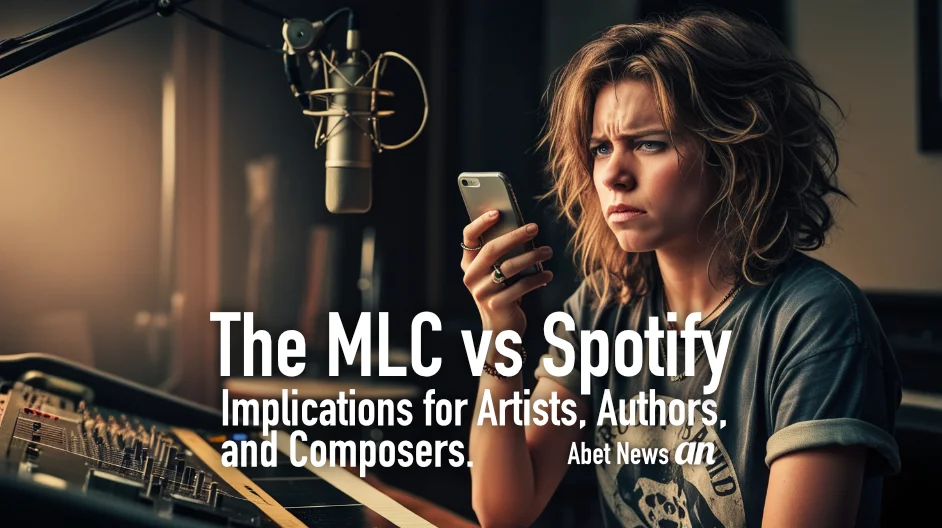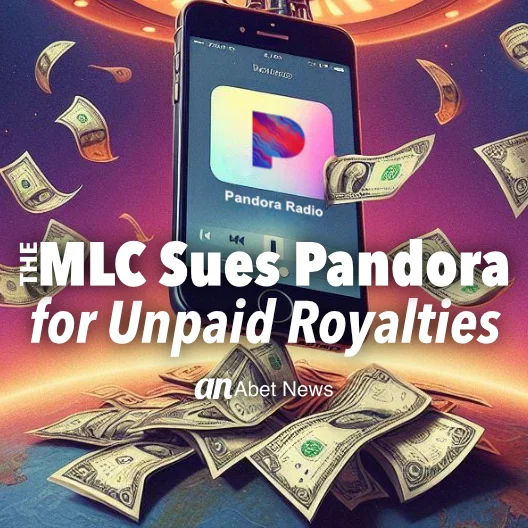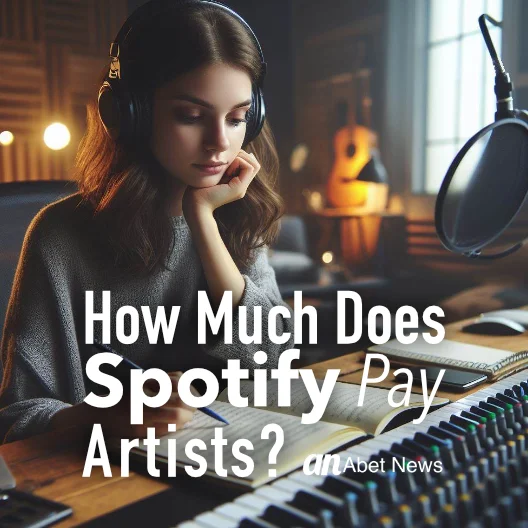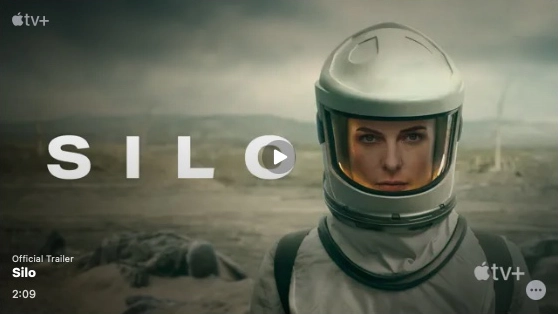The MLC vs Spotify

In March 2024, Spotify asserted that its Premium Individual, Duo, and Family subscription streaming plans are now Bundled Subscription Offerings because those plans include access to audiobooks. Applying the rate formula applicable to Bundled Subscription Offerings resulted in a reduction of the Service Provider Revenue that Spotify reports, which resulted in an underpayment of royalties. In May 2024, The MLC (Mechanical Licensing Collective) brought an action in the U.S. District Court for the Southern District of New York to address these unprecedented steps taken by Spotify. Congress authorized The MLC to take legal action in situations like this, to enforce the payment obligations of digital services under the Blanket License. On January 29, 2025, the court granted Spotify’s motion to dismiss the case.
Background: Spotify’s decision to reclassify its Premium plans to include audiobooks under Bundled Subscription Offerings significantly impacted the revenue reported and, consequently, the royalties paid to artists, authors, and composers. This reclassification led to allegations of underpayment by The MLC, which sought legal recourse to enforce fair compensation for creators. The court’s decision to dismiss the case raises important questions about the treatment of bundled services under copyright law and the mechanisms in place to ensure fair royalty payments.
Implications for Artists, Authors, and Composers
– Reduced Royalties: By reclassifying its Premium plans, Spotify effectively reduced the mechanical royalties owed to creators. This has direct financial implications for artists, authors, and composers who rely on these payments for their livelihood.
– Legal Precedent: The court’s dismissal of The MLC’s case sets a legal precedent for how bundled services can be categorized and the rate formulas that apply. This decision could influence how other digital services structure their offerings and report revenue.
– Future Actions: The MLC has expressed concern that Spotify’s actions are not consistent with the law and are reviewing the court’s decision. They are evaluating all available options, including the possibility of an appeal, to ensure that creators receive fair compensation for their work.

The dismissal of The MLC’s case against Spotify has significant implications for the music and publishing industries. It highlights the ongoing challenges of ensuring fair compensation for creators in the digital age. As The MLC considers its next steps, the outcome of this case will likely influence future legal battles and the structure of digital service offerings. It is crucial for artists, authors, and composers to stay informed about these developments and advocate for their rights to fair compensation.
Amy H.





